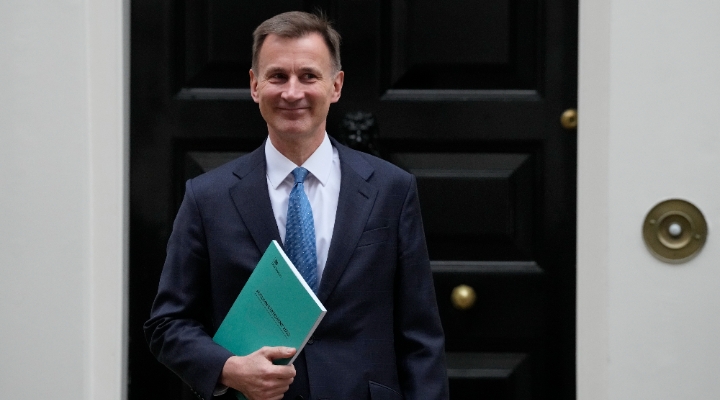
On the face of it, giving people the right to choose their own pension scheme sounds like a great idea. And there is some evidence from the adoption of this system in Australia that it has some benefits.
But it has pitfalls, too.
The Australian system has many admirable features, but member choice has effectively led to a retail market dominated by expensive marketing and higher charges. Australia also has no shortage of organisations trying to take advantage of people's choice through high-risk pension options, or simply scams. It has created something of a regulatory headache.
In the UK, employees already have a vast array of investment choices at their disposal, but very few make any active choice. That's why we spend so much time ensuring default funds are appropriate and well-governed. If they fail to meet these standards, schemes are moved to different providers. It's a fiercely competitive market.
A very small minority of employees, meanwhile, actively want to retain their existing private pension arrangements, and some employers already contribute to these. It's not beyond the current rules.
As such, it seems this is, at best, an extension of the options available to probably the higher paid, pension-savvier people who are happy managing their own retirement affairs. For such a seismic change, that is a very small prize.
Employers Could Accidentally Facilitate Scams
It will add enormous complexity for employers. Apart from the obvious task of paying contributions to a multitude of providers, it begs the question of how they govern their "pension scheme" when it is nothing more than a collection of individuals with their own unique arrangements. There is also an argument they don’t need to do any governance in a retail market. Just pay the contributions.
But at some stage one of their employees will ask for their contributions to be paid to a scheme that sounds a little suspect. If the employer doesn't do the due diligence, then it isn't clear who would. And it raises the thorny question of who is on the hook if someone finds that their contributions have all been pilfered.
I've yet to meet an employer who wants to take on that responsibility. Have you?
The move away from any sense of a "workplace pension" to a market typified by employee choice runs the risk that employers are completely disenfranchised from the role of providing pensions. That seems like a very serious risk, given they have powered the success of automatic enrolment, and will no doubt be asked to do more in future.
The Real Issue? Contribution Levels
If we had no pensions system to speak of, and we were starting from scratch, then "pot for life" would merit serious debate. But we're not. We have to start from where we are now, which is a pensions system – a very successful one – built around employers and workplace pensions.
To throw that up in the air at this stage and hope that there is a better way will distract us from the real issue - the inadequacy of contribution rates. If we take anything from the Australian system, it's that minimum employer contributions are approaching 12% of salary, as opposed to 3% of a band of salary in the UK.
There is a serious danger that we spend the next decade redesigning the UK pensions system around a hypothesis which may or may not improve people's retirement outcomes, instead of focusing on the real issues.
That would be a decade of distraction.
Jamie Jenkins is director of policy and communications at Royal London







.jpg)




















